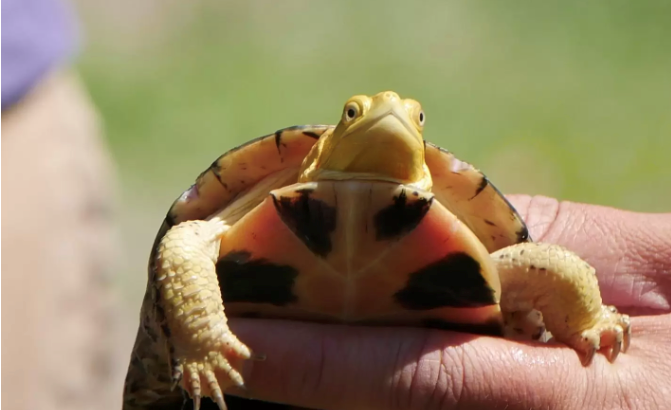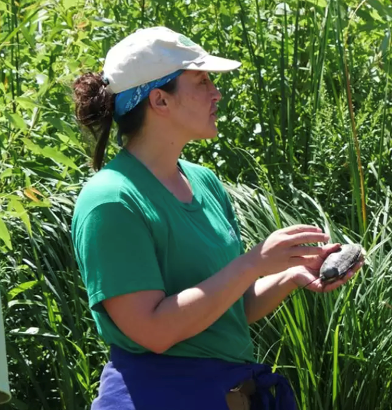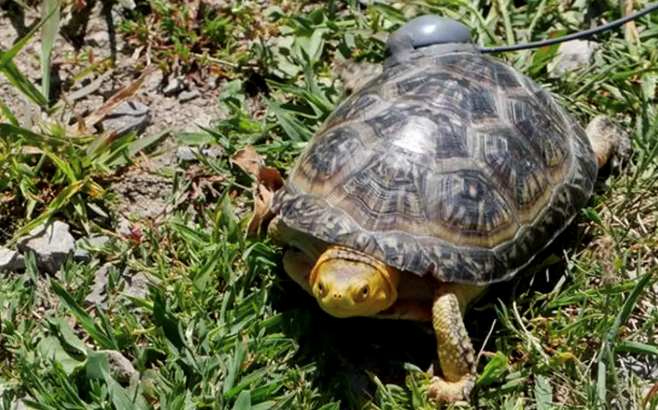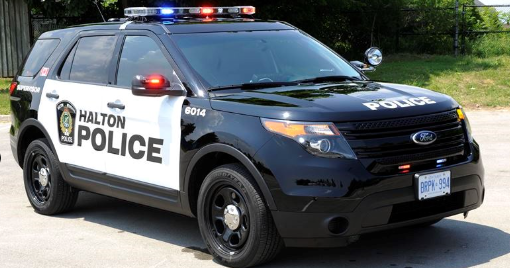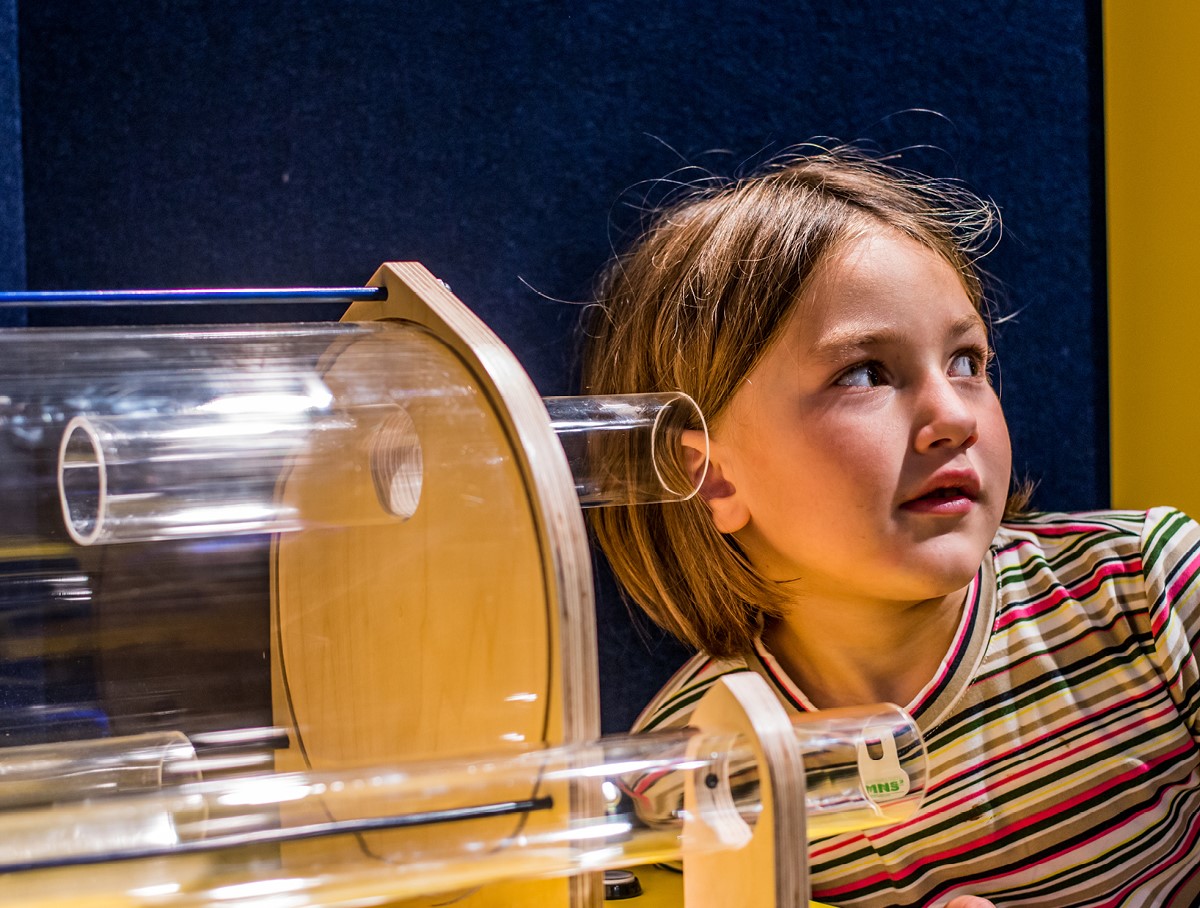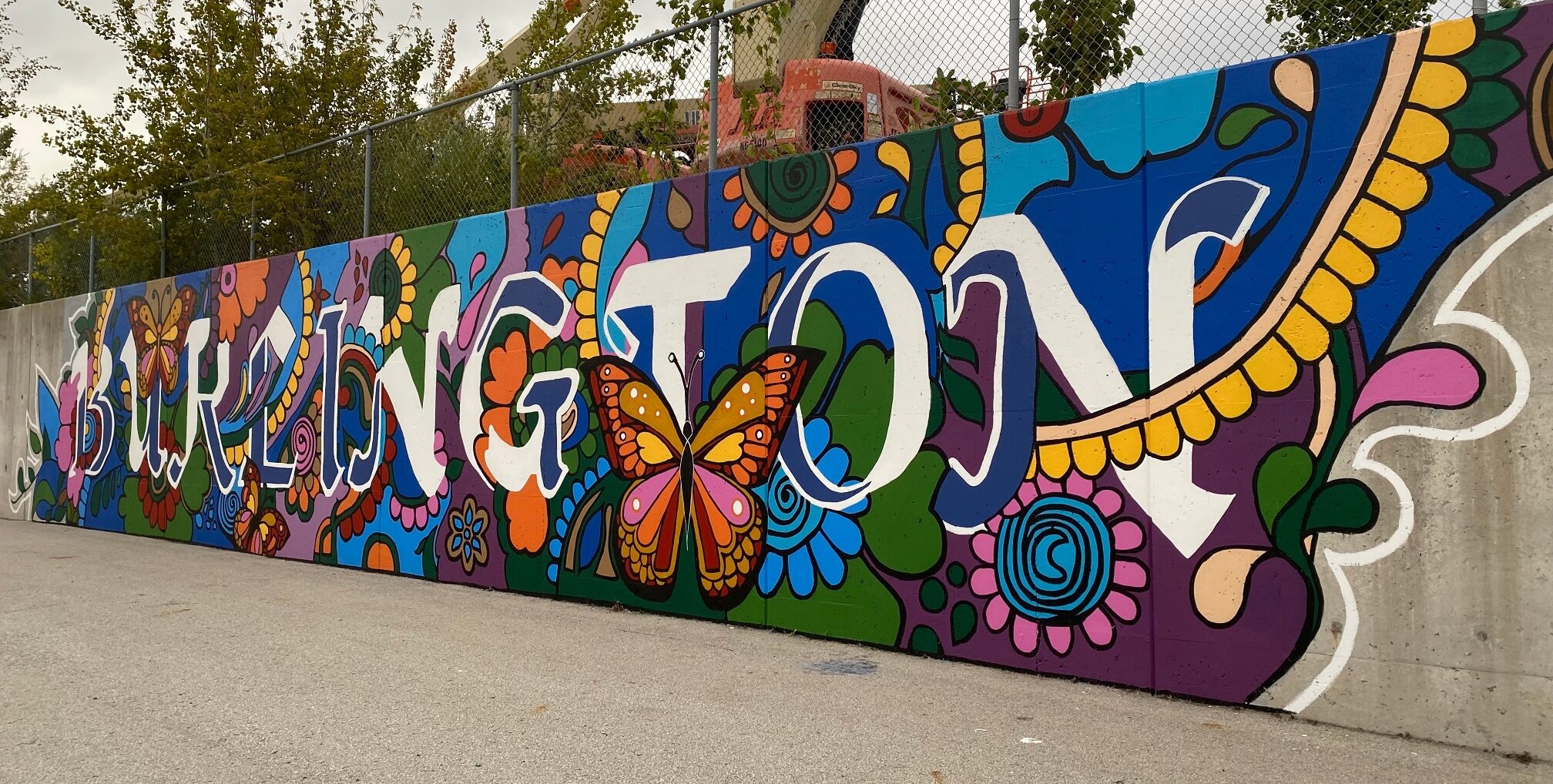It has been an exciting time for the Royal Botanical Gardens (RBG): last week, 15 endangered juvenile Blanding’s turtles were released into RBG marshes, and this week, the RBG announced that primatologist and anthropologist Dr. Jane Goodall will be speaking at the RBG Centre this fall.
Dr. Goodall will speak about conservation and wildlife preservation, both from her own life’s work as well as that of RBG. The event date has not yet been released, and would-be attendees must register their interest to purchase tickets on Sept. 8, though an RBG press release notes that “registration does not guarantee tickets.” A lottery process will be next: registrants will be randomly selected to purchase tickets.
Perhaps most famous for her work with the chimpanzees of Gombe National Park in Tanzania, Dr. Goodall is also an iconic conservationist. Her early studies of chimpanzees led her to a deeper understanding of the interconnectedness of humans, others species, and the environment. Founder of the Jane Goodall Institute, dedicated to mitigate the loss of biodiversity, climate change, and environmental inequity, and the Roots & Shoots program, where children and youth join to work on environmental issues within their own communities, Dr. Goodall is renowned for her ability to inspire her audience with her own life story and her passion for animals and the environment.
Part of Dr. Goodall’s approach to conservation is through people, with community-centred conservation. For Burlington residents, community-centred conservation refers to our local organizations like RBG and BurlingtonGreen and their conservation and public outreach work, trying to get all of us involved in their efforts, and programs like Dr. Goodall’s Roots & Shoots, for young people to work on local solutions on their own time.
Which brings us back to the turtles: while we may first think of the beautiful Rose Garden or a luxurious high tea at the Turner Pavilion’s Tea House when we think of RBG, they do so much more. Plants, of course, are a major part of this. RBG collects, researches, and conserves many different species, as well as exhibiting them on a rotating basis; then there’s the seed library, ready for visitors to “borrow” and grow at home (just try to harvest some seeds at the end of the season to return to the library!).
Plus there is the RBG’s conservation work, like this spring’s controlled fires to remove invasive species and preserve rare native plants, and this past week’s release of the Blanding’s turtles — the second such release of this month. The young turtles were graduates of an Orillia-based “head start” program, and this year’s class represents a new RBG record in terms of the total number of youngsters released: 30 for 2023.
The head start program gives young turtles a better chance of survival in the wild: they grow more quickly in the program, so that their size at release makes them “less vulnerable to most predators,” according to the RBG. These turtles are from RBG wetlands from three nests, belonging to three female turtles known to RBG staff: Seneca, Lola, and Carmen. The hatchlings were recovered by RBG’s Species at Risk team, inducted into the head-start program, and then returned to their homes two years later, tagged, notched (to help identify them as individuals as they grow), and with radio transmitters to monitor their progress.
And why is it so important to give these juvenile Blanding’s turtles an easier start in life?
Blanding’s turtles are listed as threatened at the provincial level, and endangered nationally. Locally, Blanding’s are the rarest turtle species, with fewer than 30 adults regionally. In addition, nest incubation temperature determines the sex of the hatchling in this species, so if the eggs are recovered soon after being laid, the Species at Risk team can divide the eggs and incubate at the appropriate temperatures for an even ratio of males to females — another way to help ensure the future of this species.
RBG’s Head of Natural Lands Tys Theysmeyer says, “Our team is grateful for financial support from many RBG donors and foundations enabling us to dramatically increase the chances of survival for these turtles. We’ve worked hard to restore viable habitat areas in the marsh, but we rely on continued efforts from the community to restore inflowing water quality, as well as mitigate turtle road mortality with roadside wildlife barriers and underpasses around Cootes Paradise.”
And there it is again, that community-centred approach to conservation. We each can play a role in helping the environment, be it Blanding’s turtles, Burlington’s Jefferson salamanders, picking up litter, or reusing and recycling what we can.
A message that Dr. Jane Goodall would surely approve of: register for tickets to her event for your chance to hear it from Dr. Goodall herself.

